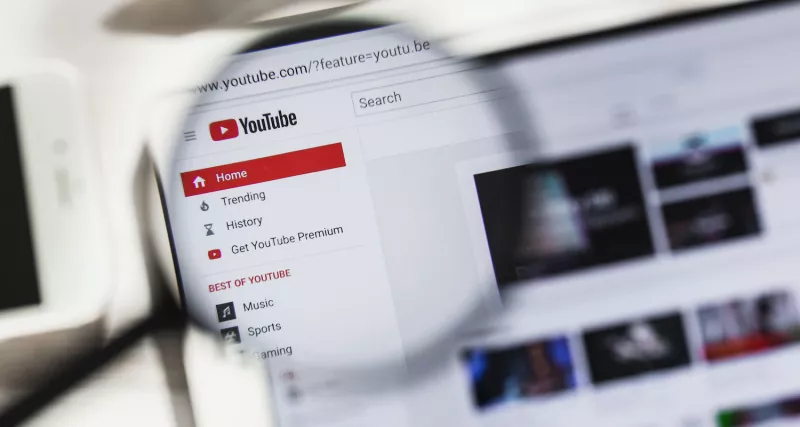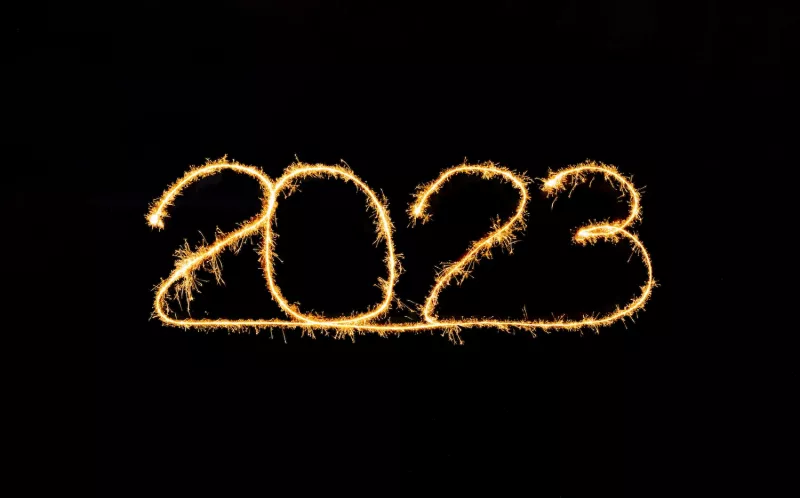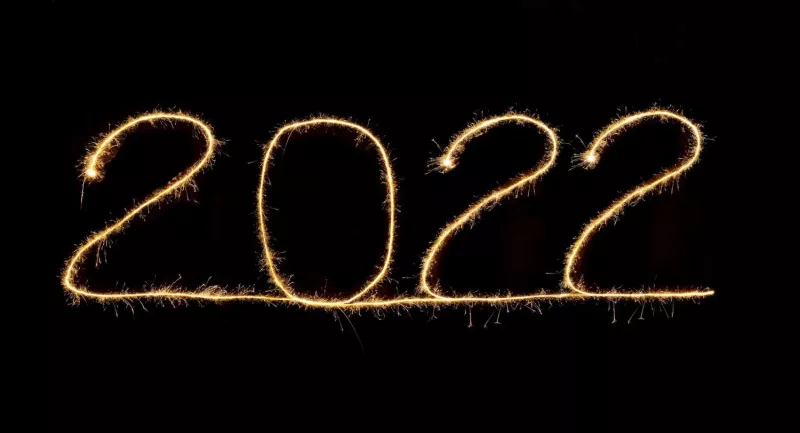Academic Research
-
Journal Article
Estimating the Ideology of Political YouTube Videos
Political Analysis, 2024
We present a method for estimating the ideology of political YouTube videos. As online media increasingly influences how people engage with politics, so does the importance of quantifying the ideology of such media for research. The subfield of estimating ideology as a latent variable has often focused on traditional actors such as legislators, while more recent work has used social media data to estimate the ideology of ordinary users, political elites, and media sources. We build on this work by developing a method to estimate the ideologies of YouTube videos, an important subset of media, based on their accompanying text metadata. First, we take Reddit posts linking to YouTube videos and use correspondence analysis to place those videos in an ideological space. We then train a text-based model with those estimated ideologies as training labels, enabling us to estimate the ideologies of videos not posted on Reddit. These predicted ideologies are then validated against human labels. Finally, we demonstrate the utility of this method by applying it to the watch histories of survey respondents with self-identified ideologies to evaluate the prevalence of echo chambers on YouTube. Our approach gives video-level scores based only on supplied text metadata, is scalable, and can be easily adjusted to account for changes in the ideological climate. This method could also be generalized to estimate the ideology of other items referenced or posted on Reddit.
-
Working Paper
Echo Chambers, Rabbit Holes, and Algorithmic Bias: How YouTube Recommends Content to Real Users
Working Paper, May 2022
To what extent does the YouTube recommendation algorithm push users into echo chambers, ideologically biased content, or rabbit holes? Despite growing popular concern, recent work suggests that the recommendation algorithm is not pushing users into these echo chambers. However, existing research relies heavily on the use of anonymous data collection that does not account for the personalized nature of the recommendation algorithm. We asked a sample of real users to install a browser extension that downloaded the list of videos they were recommended. We instructed these users to start on an assigned video and then click through 20 sets of recommendations, capturing what they were being shown in real time as they used the platform logged into their real accounts. Using a novel method to estimate the ideology of a YouTube video, we demonstrate that the YouTube recommendation algorithm does, in fact, push real users into mild ideological echo chambers where, by the end of the data collection task, liberals and conservatives received different distributions of recommendations from each other, though this difference is small. While we find evidence that this difference increases the longer the user followed the recommendation algorithm, we do not find evidence that many go down `rabbit holes' that lead them to ideologically extreme content. Finally, we find that YouTube pushes all users, regardless of ideology, towards moderately conservative and an increasingly narrow range of ideological content the longer they follow YouTube's recommendations.
Reports & Analysis
-
Analysis
Echo Chambers, Rabbit Holes, and Ideological Bias: How YouTube Recommends Content to Real Users
We find that YouTube’s recommendation algorithm does not lead the vast majority of users down extremist rabbit holes, although it does push users into increasingly narrow ideological ranges of content in what we might call evidence of a (very) mild ideological echo chamber.
October 13, 2022
-
Analysis
Are Influence Campaigns Trolling Your Social Media Feeds?
Now, there are ways to find out. New data shows that machine learning can identify content created by online political influence operations.
October 13, 2020
News & Commentary
-
News
2023 Year in Review: Our Research & Impact
A look at our top articles, events, and more from the past year.
December 18, 2023
-
News
2022 Year in Review: Our Research & Impact
A look at our top articles, events, and more from the past year.
December 19, 2022



